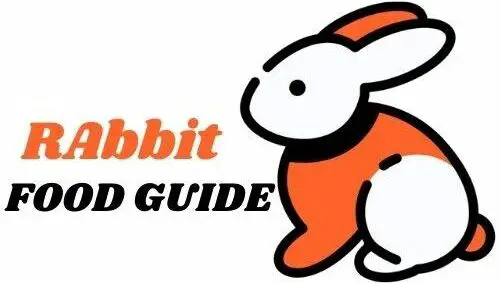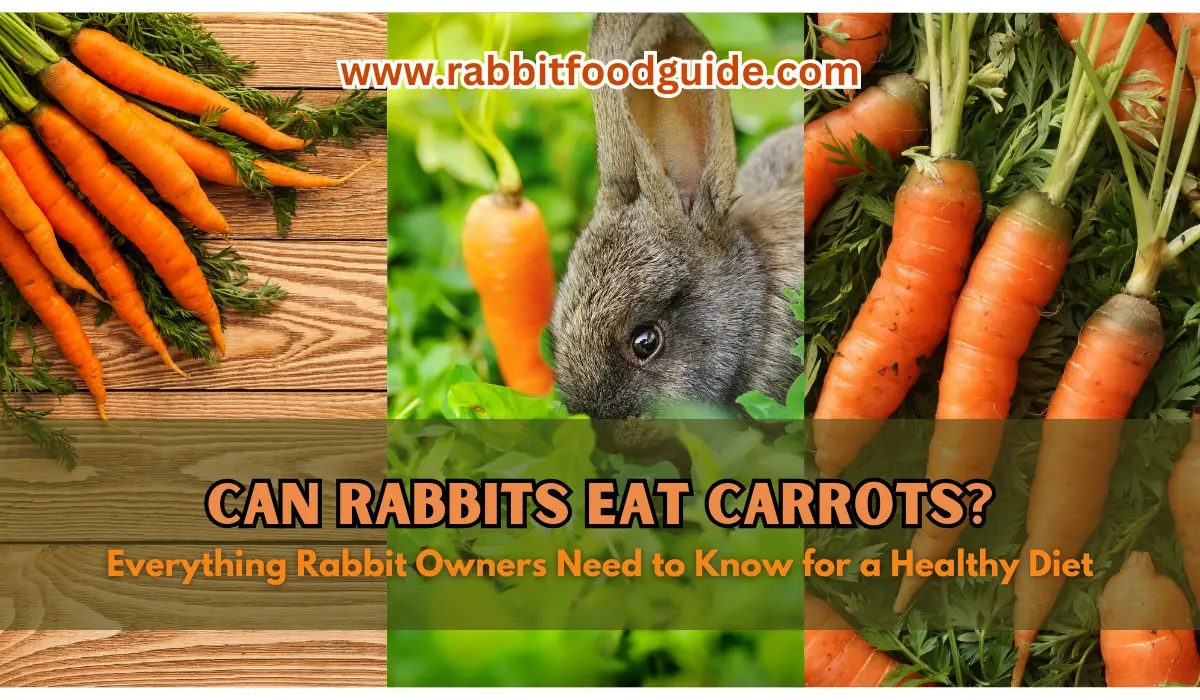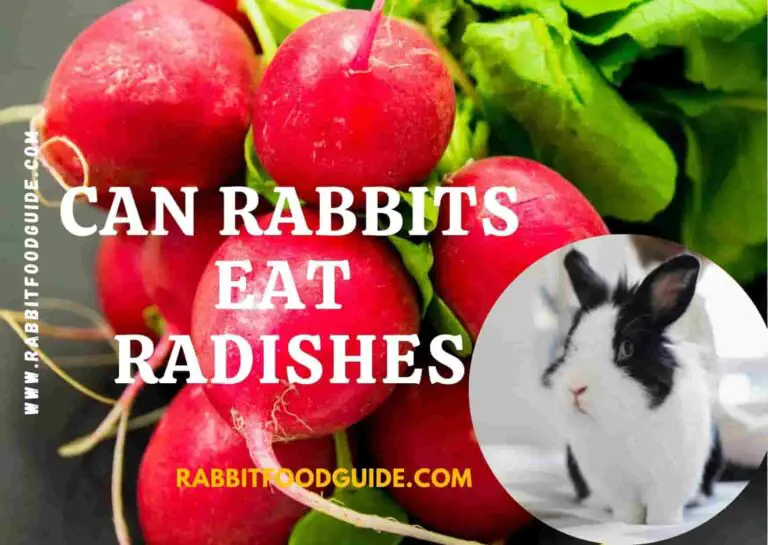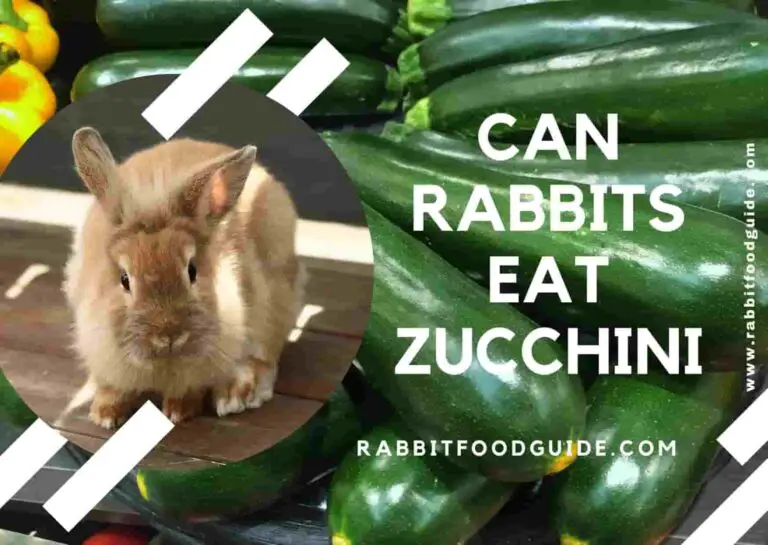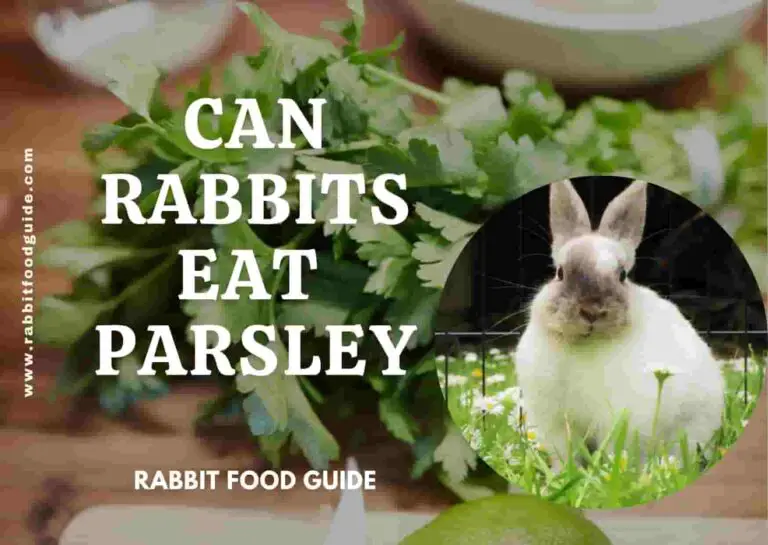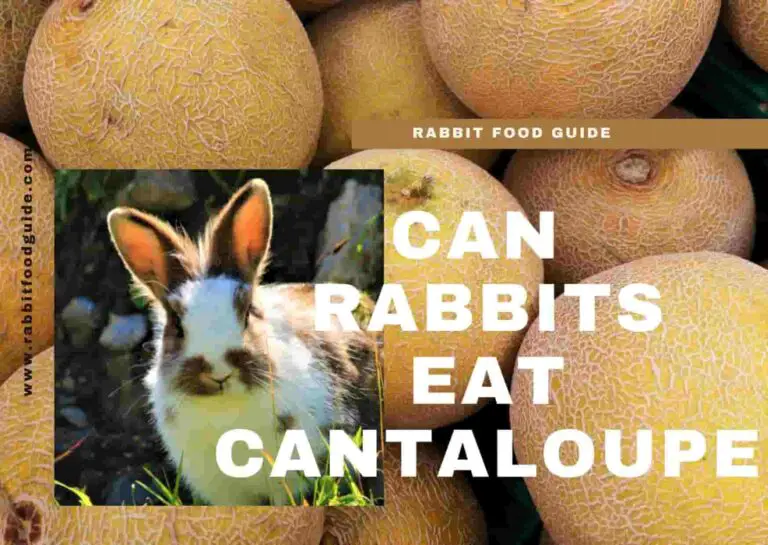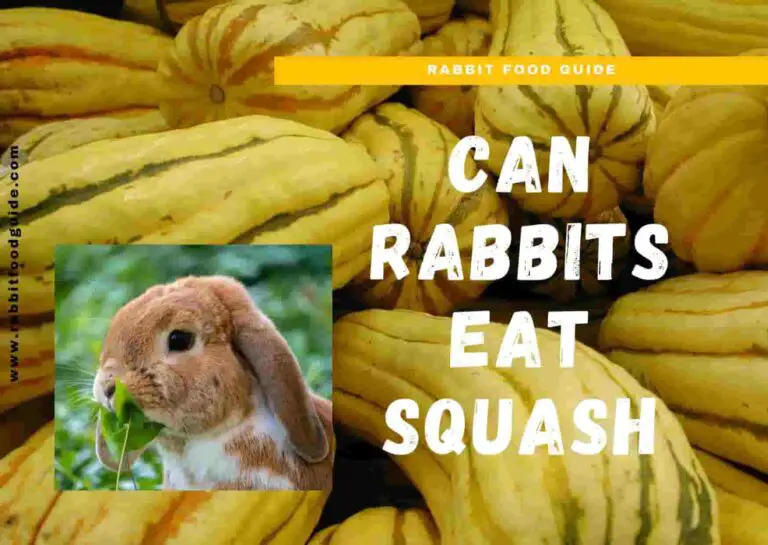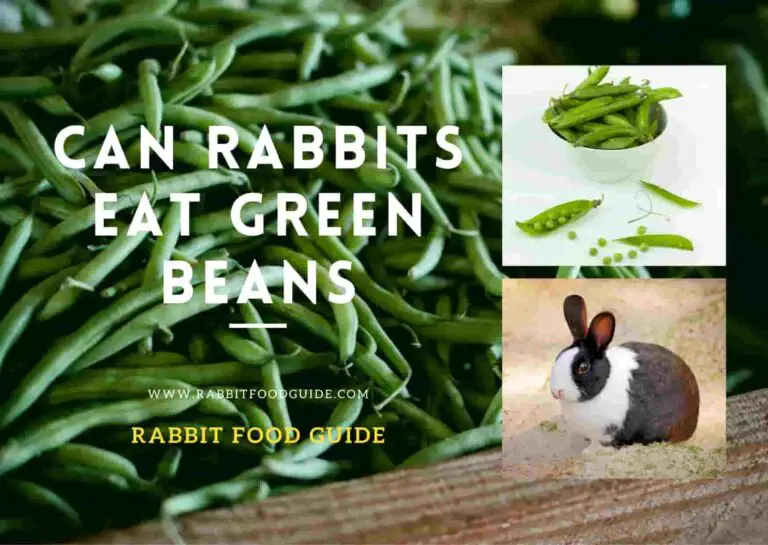
Table of Contents
Introduction
Rabbits are adorable, herbivorous pets known for their big ears, fluffy tails, and voracious appetite for greens. Among the many questions rabbit owners ask, one stands out: Can rabbits eat carrots? This question has gained iconic status, partly thanks to Bugs Bunny’s love for them. But is it safe to feed carrots to your rabbit, and if so, how much?
Throughout this comprehensive guide, we will examine the benefits of carrots for rabbits, their potential risks, and how you can safely incorporate them into their diet. By the end, you’ll have all the answers to make informed decisions for your furry friend.
Can Rabbits Eat Carrots?
It is hard to explain the answer to this question. Rabbits can eat carrots, but only a little bit. Carrots can be a healthy snack for your pet. Among carrot’s many benefits is vitamin A, which helps you see clearly and keeps you healthy. Carrots also contain lots of fiber, which helps with digestion and prevents problems like blockages in the gut.
Nevertheless, it is worth noting that carrots contain notable amounts of sugar, rendering them a potential source of obesity and dental complications upon overconsumption. Moreover, rabbits possess delicate digestive systems, and an excessive intake of carrots may lead to diarrhea or gastrointestinal discomfort.
It is imperative to recall that although rabbits can consume carrots, having them as the primary constituent of their diet is not advisable. A nutritionally balanced dietary regime should comprise a sufficient quantity of hay, fresh vegetables, and a limited quantity of fruit.
Key Points to Consider:
- Carrots as Treats: In general, carrots should be given sparingly, about one or two small slices per week.
- Not a Staple: Hay, fresh leafy greens, and a controlled portion of pellets should form the bulk of a rabbit’s diet.
- Monitor Intake: Too many carrots can lead to obesity, digestive issues, and dental problems in rabbits.
Carrots are full of benefits—they may promote healthy vision, balance your blood sugar, help with weight management, lower your risk of cancer, regulate blood pressure, reduce heart disease, improve immunity, and boost brain health. You won’t regret incorporating more of this vegetable into your diet.
health.com

Nutritional Benefits of Carrots for Rabbits
Carrots are nutrient-dense vegetables that can offer some health benefits when fed in limited quantities. Here’s why they’re considered a good occasional treat:
1. Rich Source of Vitamin A
Vitamin A is essential for maintaining good vision, a strong immune system, and healthy skin in rabbits. A deficiency in this vitamin can lead to serious health issues, including eye problems and respiratory infections.
2. High in Fiber
Carrots are packed with fiber, which supports healthy digestion. Fiber helps regulate bowel movements and prevents gastrointestinal stasis, a potentially fatal condition in rabbits.
3. Low in Calories
When given in small amounts, carrots are a low-calorie treat that can satisfy your rabbit’s craving for something crunchy and sweet without significantly affecting their weight.
Risks of Feeding Carrots to Rabbits
Despite their benefits, carrots come with risks when overfed. Here are a few of the dangers of bolstering your rabbit as well as numerous carrots
1. High Sugar Content
Carrots contain natural sugars, which can contribute to weight gain and obesity if consumed excessively. This is particularly harmful to rabbits, as obesity can lead to heart disease, joint problems, and reduced lifespan.
2. Dental Problems
Sugary foods like carrots can cause tooth decay and other dental issues in rabbits. Their teeth grow continuously, so they need fibrous foods like hay to wear them down naturally.
3. Obesity
Rabbits that devour as well numerous carrots or other sugary nourishments can ended up overweight or corpulent. Several health concerns may result from this, including heart disease, diabetes, and joint pain.
4. Digestive Issues
Rabbits have sensitive digestive systems. Overfeeding carrots can lead to diarrhea or gastrointestinal discomfort. Additionally, carrots contain oxalic acid, which, in large quantities, can contribute to bladder stone formation.
How to Safely Feed Carrots to Your Rabbit
If you want to include carrots in your rabbit’s diet, follow these guidelines to ensure their safety and well-being:
1. Introduce Gradually
Start with a small slice and observe your rabbit for signs of digestive upset. If everything seems fine, you can continue offering carrots occasionally.
2. Portion Control
Limit carrot treats to one or two small slices per week. This ensures that your rabbit gets the benefits without overloading with sugar.
3. Focus on the Greens
Carrot tops (the leafy green part) are much healthier for rabbits than the orange root. They are lower in sugar and can be fed more frequently as part of a balanced diet.
4. Wash Thoroughly
Always wash carrots and their tops thoroughly to remove pesticides and dirt before feeding them to your rabbit.
Other Vegetables and Herbs to Include in Your Rabbit’s Diet
A carrot isn’t the kind of nourishment that can improve the well-being of your rabbit. Additionally, you can provide your rabbit with a well-rounded and nutritious diet by adding several herbs and vegetables. Vegetables like broccoli, cabbage, and kale are rich in vitamins and minerals that can offer assistance to your rabbit to keep up a solid safe framework and advance solid development.
Moreover, new herbs like parsley and cilantro can add flavor to your rabbit’s dinners and give extra well-being benefits such as supporting assimilation and less irritation. Providing your rabbit’s stomach-related framework with modern nourishment needs to be done gradually and in balance.
If you’re looking for other diet options for your rabbit, consider these healthier alternatives:
- Leafy Greens: Romaine lettuce, kale, cilantro, parsley
- Herbs: Basil, mint, dill
- Other Vegetables: Bell peppers, zucchini, cucumber (in moderation)
- Occasional Fruits: Small pieces of apple (without seeds), berries, or banana
Conclusion
Carrots can be a healthy and delicious treat for your rabbit when fed in moderation. While they provide essential nutrients like vitamin A and fiber, their high sugar content means they should never replace the staples of a rabbit’s diet—hay, leafy greens, and pellets.
By following the guidelines outlined in this article, you can safely incorporate carrots into your rabbit’s diet and ensure their health and happiness. If you have any doubt, consult your veterinarian for personalized advice tailored to your rabbit’s needs.
With the right care and nutrition, your rabbit can enjoy a long, healthy, and happy life—with an occasional carrot treat to sweeten the deal!
FAQs
-
How many carrots can I give my rabbit?
Rabbits can have carrots, but they shouldn’t eat them all the time. To be healthy, our diet should have hay and fresh vegetables in equal amounts.
-
Can rabbits eat baby carrots?
Rabbits can have baby carrots sometimes, but not too much. Rabbits need to get different kinds of food. Baby carrots are yummier and have less string-like stuff in them than normal carrots. But, your bunny should not only eat baby carrots.
-
Can rabbits eat carrot tops?
Carrot greens can indeed be consumed by rabbits and provide a wholesome supplement to their nourishment. Rabbit owners can provide their rabbit with a rich supply of nutrients by feeding them carrots, greens, which contain high amounts of fiber, vitamin C, and calcium.
-
Can rabbits eat cooked carrots?
It is advised to refrain from providing cooked carrots as food for your rabbit. The act of cooking carrots can result in the loss of crucial nutrients, while the high levels of sugar present in the vegetable may lead to digestive problems for rabbits.
-
Can rabbits eat carrot peels?
It is safe for rabbits to consume carrot peels, but it is crucial to ensure that carrots are well-cleaned before offering them to your furry companion. Rabbit’s digestive system can be regulated with the help of fiber-rich carrot peels.
-
Can baby rabbits eat carrots?
No, baby rabbits should not eat carrots until they are at least 12 weeks old. Their diet should consist of their mother’s milk, hay, and pellets until they are ready for solid foods.
-
How often can I give my rabbit carrots?
Carrots should be limited to one or two small slices per week as an occasional treat.
-
Can rabbits get addicted to carrots?
Rabbits may develop a preference for sweet foods like carrots, but this can disrupt their dietary balance. Always prioritize hay and leafy greens over treats.
-
What happens if my rabbit eats too many carrots?
Overfeeding carrots can lead to obesity, dental issues, and digestive problems. If your rabbit shows any sign of discomfort, diarrhea, or lethargy, consult a veterinarian immediately.
